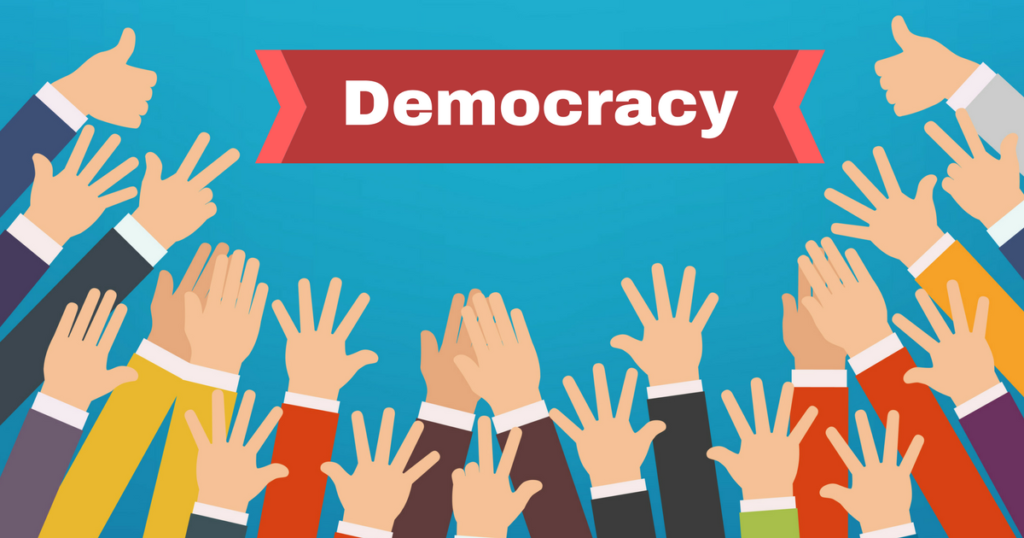Desk। Elections are the cornerstone of democratic societies, playing a crucial role in shaping the present and future of a nation. Here are several key reasons why elections are so important:
Representation
Elections provide citizens with the opportunity to elect representatives who will voice their concerns and interests in government. Through this process, individuals from diverse backgrounds can have a say in decision-making, ensuring that the government reflects the will of the people.
Accountability
Regular elections hold elected officials accountable for their actions and policies. Knowing they must seek re-election encourages politicians to act in the best interest of their constituents and fulfill their campaign promises.
Democratic Values
Elections uphold democratic principles such as freedom of choice, equality, and participation. They allow citizens to exercise their right to vote and have a say in how their country is governed, fostering a sense of civic duty and responsibility.
Policy Direction
Election outcomes shape the direction of public policies. Different political parties or candidates often have varying approaches to issues such as healthcare, education, economy, and foreign relations. Elections enable voters to express their preferences for these policy directions.
Social Stability
Free and fair elections contribute to social stability by providing a legitimate and peaceful way to transfer power. When people believe their voices are heard through elections, they are more likely to accept the government’s authority, reducing political tensions and conflicts.
Innovation and Progress
Elections encourage competition among political parties and candidates. This competition fosters innovation as parties develop new ideas and policies to attract voters. It also encourages politicians to stay connected with the needs of society and work towards progress and development.
Global Implications
Elections can have global implications, especially in countries with significant influence on the international stage. Leadership changes resulting from elections can impact diplomatic relations, trade agreements, and global security strategies.
Participation and Inclusivity
Elections promote inclusivity by giving marginalized communities a platform to participate in the political process. Efforts to increase voter turnout and accessibility ensure that a broader range of voices is heard in shaping the nation’s future.
Transparency and Trust
Transparent electoral processes build trust in the government and democratic institutions. When elections are conducted fairly, with clear rules and oversight, it enhances public trust in the legitimacy of the electoral outcomes.
Continuous Improvement
Elections provide opportunities for continuous improvement in the electoral system. Feedback from each election cycle helps identify areas for reform, such as enhancing voter education, addressing electoral fraud, or improving accessibility for voters with disabilities.
In essence, elections are not just about choosing leaders; they are a fundamental mechanism through which citizens actively participate in governance, uphold democratic values, and steer the course of their nation’s development.









